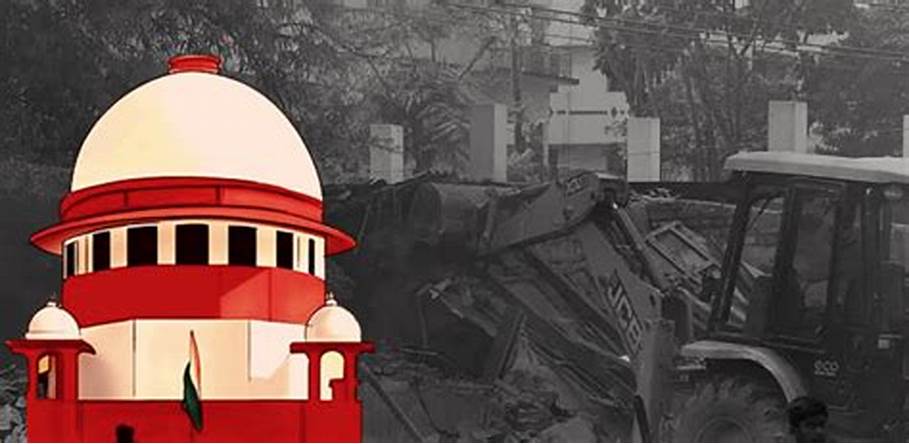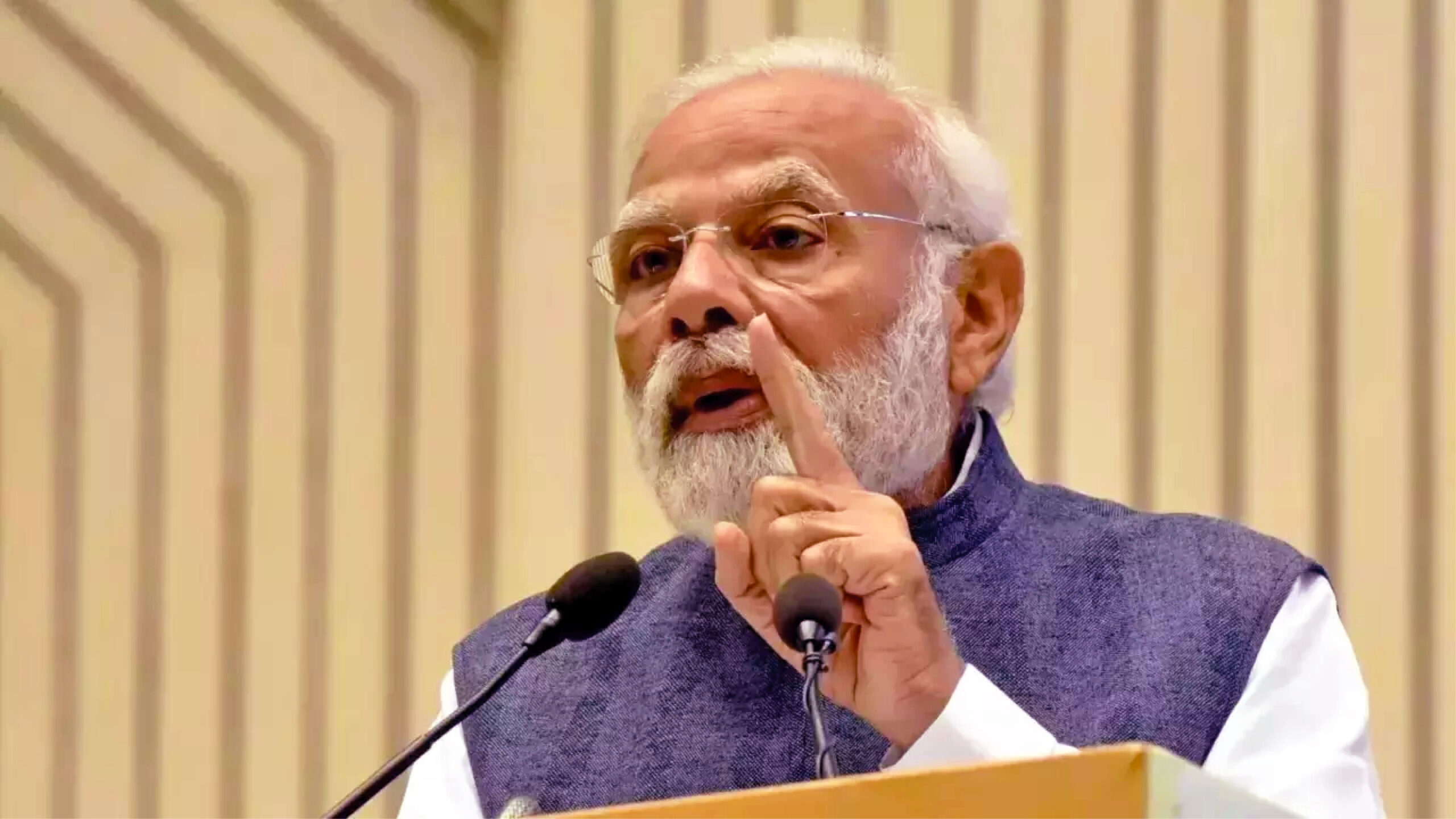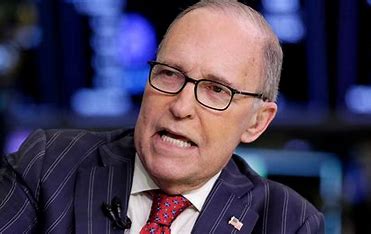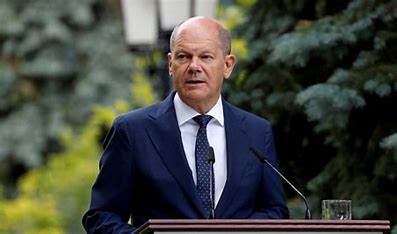
The Enforcement Directorate (ED) is a key investigative agency in India tasked with enforcing economic laws and combating financial crimes. Operating under the Ministry of Finance, the ED plays a pivotal role in investigating money laundering, foreign exchange violations, and economic offenses, contributing to the country’s efforts in maintaining financial integrity.
Money laundering poses a significant challenge in India, and the investigation dilemma surrounding these illicit financial activities reflects a complex interplay of legal, institutional, and systemic factors. In a country with a diverse and vast economy, combating money laundering requires a nuanced approach. It is imperative to explore the key dilemmas faced in investigating money laundering in India, shedding light on the intricate issues that law enforcement agencies grapple with.
India has a robust legal framework to combat money laundering, primarily governed by the Prevention of Money Laundering Act (PMLA), enacted in 2002. While the legislation empowers investigative agencies like the Enforcement Directorate (ED), there is a dilemma in striking a balance between empowering these agencies and ensuring adequate safeguards to prevent misuse for political or other extraneous purposes.
One of the central dilemmas in money laundering investigations in India is the perceived selective enforcement. High-profile cases often involve influential political figures, leading to allegations of political motivations. The investigative agencies, including the ED, find themselves at the intersection of legal duty and political pressures, raising questions about the impartiality and independence of investigations.
Moving ahead, money laundering often transcends national borders, necessitating international cooperation. However, the dilemma arises in navigating the complexities of cross-border investigations. While there are provisions for collaboration, practical challenges, diplomatic intricacies, and varying legal systems create hurdles in seamless international cooperation. Investigating money laundering demands significant resources, both human and technological. The dilemma arises from resource constraints faced by investigative agencies, leading to a backlog of cases and delays in completing investigations. The overburdened agencies struggle to keep pace with the evolving tactics of money launderers.
Furthermore, the advent of cryptocurrencies introduces a new layer of complexity. Investigating transactions conducted through digital currencies poses a unique challenge due to the pseudonymous nature of transactions and the decentralized nature of many cryptocurrencies. The evolving landscape of financial technology necessitates constant adaptation by investigators. Financial institutions play a crucial role in preventing money laundering by implementing customer due diligence measures. However, the dilemma lies in finding the right balance between imposing necessary regulatory requirements on these entities and avoiding undue burdens that might stifle legitimate economic activities. Stricter regulations must coexist with a business-friendly environment.
While robust investigation powers are essential, protecting individual rights is equally crucial. The dilemma involves upholding legal safeguards and due process to ensure a fair trial for the accused. Concerns about privacy, arbitrary arrests, and the potential misuse of investigative powers underscore the need for a delicate balance between law enforcement and individual rights.
Lastly, the investigation dilemma extends to the court of public opinion. Public perception of the effectiveness and fairness of money laundering investigations influences the credibility of law enforcement agencies. Striking the right balance between transparency, accountability, and the imperative to maintain the confidentiality of ongoing investigations is a persistent challenge.
In navigating the investigation dilemma surrounding money laundering in India, policymakers, law enforcement agencies, and regulatory bodies face a delicate balancing act. Addressing these challenges requires a holistic approach that combines legal reforms, strengthening institutional capacities, international collaboration, and leveraging technological advancements. The ongoing evolution of the financial landscape and money laundering tactics necessitates a continuous re-evaluation of strategies to stay ahead of those seeking to exploit vulnerabilities in the system. As India grapples with the multifaceted nature of money laundering, finding solutions to these dilemmas is imperative for an effective and fair anti-money laundering regime.
Dr. Deepankar Sharma is working as an Assistant Professor of Law (Senior Scale) at Manipal University, Jaipur and as an Honorary Fellow at Asian Institute of International Financial Laws at University of Hong Kong.
Dr. Vini Kewaliya is working as an Assistant Professor of Law and as Assistant Controller of Examinations at Manipal University, Jaipur.















